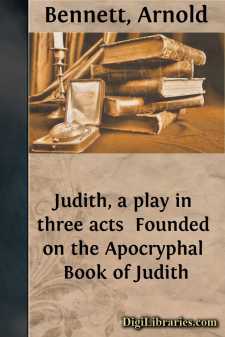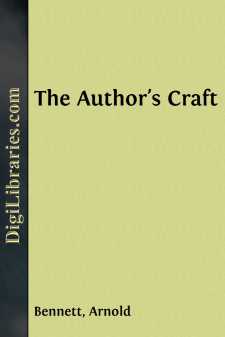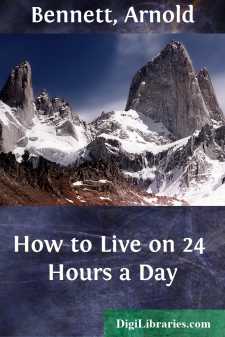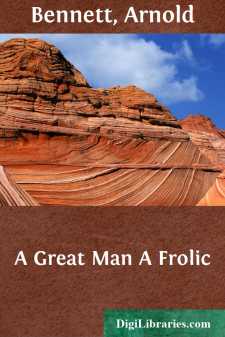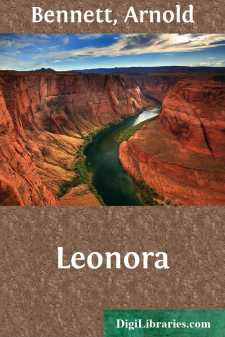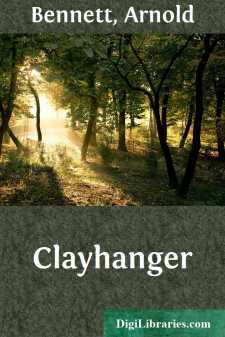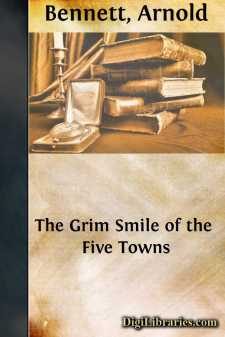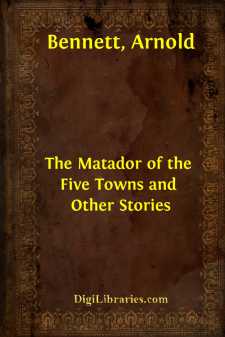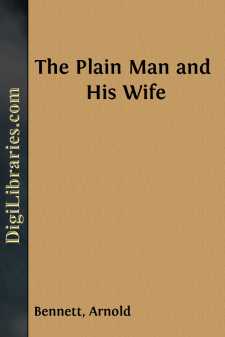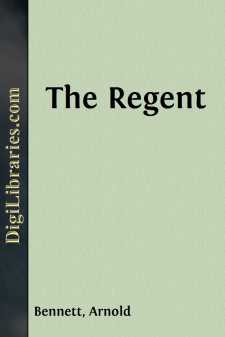Categories
- Antiques & Collectibles 13
- Architecture 36
- Art 48
- Bibles 22
- Biography & Autobiography 813
- Body, Mind & Spirit 142
- Business & Economics 28
- Children's Books 15
- Children's Fiction 12
- Computers 4
- Cooking 94
- Crafts & Hobbies 4
- Drama 346
- Education 46
- Family & Relationships 57
- Fiction 11828
- Games 19
- Gardening 17
- Health & Fitness 34
- History 1377
- House & Home 1
- Humor 147
- Juvenile Fiction 1873
- Juvenile Nonfiction 202
- Language Arts & Disciplines 88
- Law 16
- Literary Collections 686
- Literary Criticism 179
- Mathematics 13
- Medical 41
- Music 40
- Nature 179
- Non-Classifiable 1768
- Performing Arts 7
- Periodicals 1453
- Philosophy 64
- Photography 2
- Poetry 896
- Political Science 203
- Psychology 42
- Reference 154
- Religion 513
- Science 126
- Self-Help 84
- Social Science 81
- Sports & Recreation 34
- Study Aids 3
- Technology & Engineering 59
- Transportation 23
- Travel 463
- True Crime 29
Judith, a play in three acts Founded on the Apocryphal Book of Judith
by: Arnold Bennett
Description:
Excerpt
ACT I
A street in the city of Bethulia in Judea. Bethulia is in the hill country, overlooking the great plain of Jezreel to the south-west. Back, the gates of the city, hiding the view of the plain. Right, Judith's house, with a tent on the roof. Left, houses. The street turns abruptly, back left, along the wall of the city. Left centre, a built-up vantage-point, from which the plain can be seen over the gates.
TIME: Fifth century B.C.
Towards evening.
Ozias is standing alone in the street, drinking from a leathern bottle. Enter Chabris, back left.
OZIAS (quickly, but with perfect calmness, hiding the bottle in his garments). Old man! It is years since I saw you. How came you past the guard, old man?
CHABRIS. Old? Old? I am not yet a hundred. Who are you?
OZIAS. Ozias.
CHABRIS. Ah! So this is Ozias, the son of Ezbon. Before your father could walk I have nursed him on my knee; and he was filled like the full moon—with naughtiness.
OZIAS. What has brought you at last out of your house? Are you come to prophesy once more?
CHABRIS. I have given up prophesying.
OZIAS. A profession full of risks.
CHABRIS. I pass my endless days in meditation and solitude.
OZIAS. That sounds much safer. How comely is the wisdom of old men!
CHABRIS. And what do you do, sprig?
OZIAS. Has none told you?
CHABRIS. I see nobody but my daughter's granddaughter, and her I forbid to speak to me, because being a woman she has the tongue of a woman, and a woman's tongue is unfavourable to meditation. How should I be told?
OZIAS. I am the governor of this great city of Bethulia.
CHABRIS. You are responsible for this city?
OZIAS. I am.
CHABRIS. Now I understand my misfortune. And the truth was in me when I said to your mother as she lay dying: Better it is to die without children than to have them that are ungodly.
OZIAS. Oh! How comely a thing is the judgment of grey hairs!
CHABRIS. You ask me what has brought me at last out of my house. I will tell you. Thirst! Thirst has brought me out of my house. Every morning and every evening my great-grandchild serves me with pulse and water. For five days she has furnished less and less water, and this day—not a drop! Can one eat pulse without water to drink? Half an hour ago I went to her to reason with her, and she lay on her bed cracked, and raved that she herself had not drunk for three days and that there was no water left in all Bethulia. So I came at last out of my house into the streets of this city famous for its cool fountains which never fail. And lo! I meet the governor of this city, and he is Ozias! Ozias! Seven days do men mourn for him that is dead, but for an ungodly man all the days of his life! Why is there no water in Bethulia, sprig?
OZIAS. Old man, meditation is good and solitude is good, but think not because you sit staring all day at your own belly that the sun and stars have ceased to revolve round the earth and the kings of this world to make war. Is it possible that you do not know what has happened?
CHABRIS. I only know that I cannot eat pulse without water to drink....


